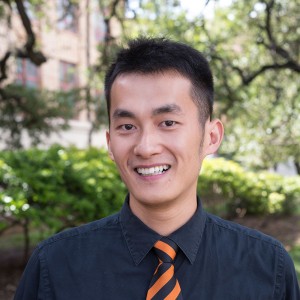
Delivering an Artificial Intelligence (AI-) Enabled Distress Monitoring Tool to Reduce Mental Health Disparity for Adolescents and Young Adults (AYAs) with Cancer
August 5, 2024
Assistant Professor Zhang’s study is among the first to evaluate the clinical utility of a speech-based distress monitoring tool using the latest artificial intelligence (AI) technologies that simultaneously overcome numerous mental health barriers in young adults living with cancer. By monitoring Adolescents and Young Adults (AYA) cancer patients’ psychological distress, i.e., depression and anxiety, using an AI-enabled mobile app, the study attempts to bridge the critical gap between rapid technological development and the implementation of these technologies in the day-to-day care of individuals impacted by cancer.
This study’s innovation is progressive and inclusive because it takes advantage of the newest AI advancement in speech analysis of mental health outcomes to reconceptualize the way mental wellness is being evaluated and integrated into the clinical care of individuals living with cancer.
The project's findings have major implications for distress screening and monitoring for AYAs with cancer because they change the current paradigm of clinic-based distress monitoring efforts by oncology social workers into a ubiquitous and patient-centered approach that facilitates the longitudinal monitoring of youth’s distress trajectory throughout their cancer journey. As a result, oncology social workers are better positioned to deliver individually tailored and patient-centered evidence-based care to AYA cancer patients.
The next steps of this line of work align closely with the research priorities at the National Cancer Institute, including 1. validating AI algorithms developed out of the general population to the cancer population and 2. evaluating the differential clinical efficacy of delivering AI technologies to subgroups of the AYA cancer population, including and especially the uptake of these technologies in historically underrepresented AYA cancer population, i.e., BIPOC and LGBTQIA+ AYAs with cancer.
